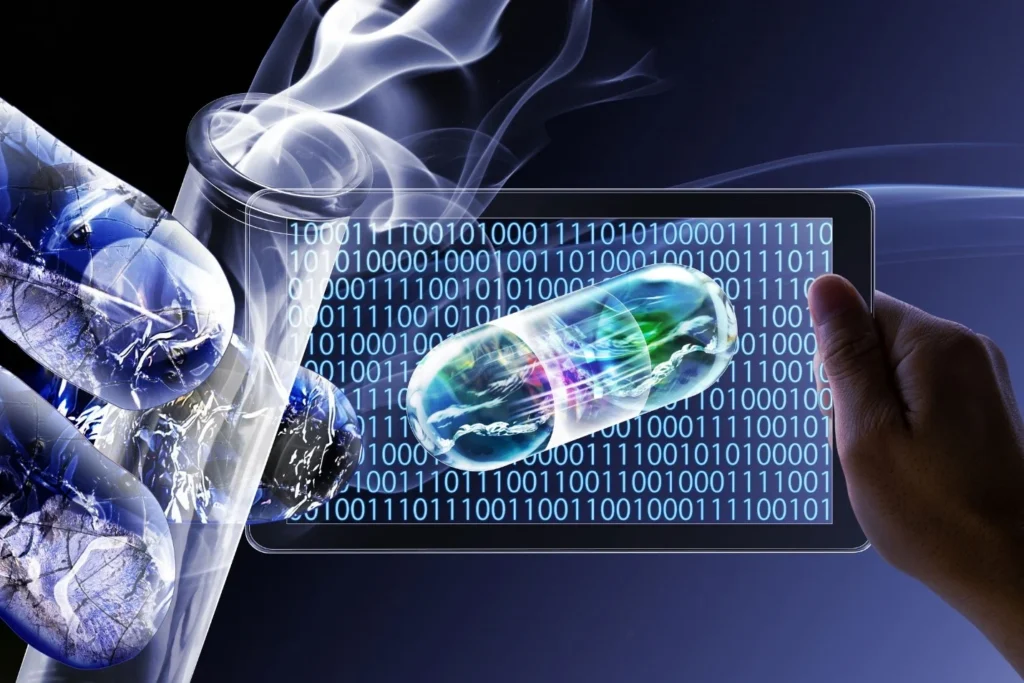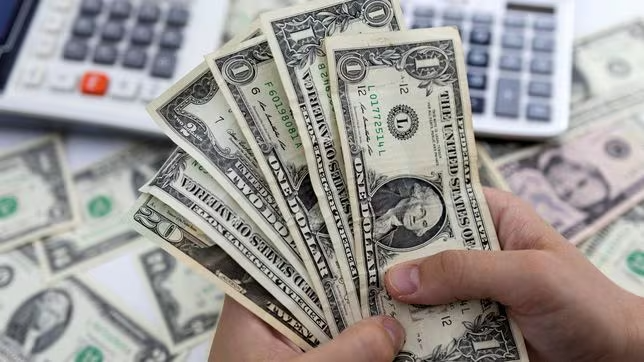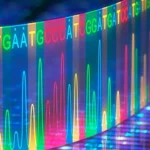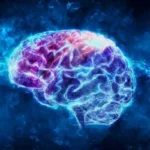In today’s world, science isn’t just about labs and test tubes anymore. It’s also about computers, algorithms, and massive amounts of data. One fascinating field at the intersection of biology and data science is Biological Data Science.
But what is biological data science? And what do biological data scientists do? And how much they earn?
Let’s explore the answers of these question in detail on a journey to uncover the secrets of this exciting discipline.
What is Biological Data Science?
At its core, biological data science is the application of computational and statistical techniques to biological data sets. It encompasses a diverse array of disciplines, including bioinformatics, genomics, proteomics, and metabolomics, among others. The primary objective of biological data science is to derive meaningful insights from complex biological data from environmental, clinical, healthcare or biotechnology fields, to facilitate a deeper understanding.
What do Biological Data Scientists Do?
Biological data scientists wear many hats. They use their coding and statistical skills to sift through mountains of data and find hidden patterns like which variable is affected by which factor or how two variables correlate with each other. By using analytical skills they make predictions about future. They’re also like translators, turning complex biological information into something we can understand. Here are some of the things they do:
1. Analyzing Biological Data:
Biological data scientists study the building blocks of life, like DNA and proteins. They use fancy tools and algorithms to decode the genetic information stored in DNA and understand how proteins function in our bodies. Other than genomic data, they can analyze information from clinical trials, healthcare data or pharmaceuticals.
Imagine a biological data scientist working at a pharmaceutical company. They may analyze genomic data to identify genetic markers associated with certain diseases, such as cancer. By analyzing the genomic data of patients enrolled in clinical trials, they can determine which individuals are most likely to respond to a particular treatment with the help of statistical analysis. This would help in generating personalized medicine approaches.

2. Finding Patterns in Data:
Imagine you have a library with millions of books, and you need to find the ones about a specific topic. Biological data scientists do something similar but with data. They look for patterns and trends in biological data sets to uncover new insights about diseases, ecosystems, and more.
Consider a biological data scientist studying ecological data from a national park. By analyzing data on species abundance, temperature, and precipitation over time, they may uncover patterns indicating shifts in biodiversity due to climate change. This information can inform conservation efforts and ecosystem management strategies to mitigate the impact of environmental disturbances.
3. Developing Algorithms:
Just like how a chef creates a recipe to make a delicious dish, Biological Data Scientists develop algorithms to analyze biological data. These algorithms are like step-by-step instructions that tell computers how to process and interpret complex data sets.
Suppose a biological data scientist is working in a research lab studying protein-protein interactions. They may develop algorithms to analyze large-scale protein interaction networks and predict novel interactions through coding that could play a role in disease pathways. These algorithms help researchers prioritize experimental validation of potential drug targets and therapeutic interventions.

4. Collaborating with Scientists:
Biological Data Scientists often work closely with biologists, doctors, and other scientists. They help these experts make sense of their data, providing valuable insights that can lead to new discoveries and breakthroughs in medicine, agriculture, and environmental science.
Picture a team of scientists conducting a study on the microbiome’s role in human health. Biological data scientists collaborate with microbiologists, clinicians, and bioinformaticians to analyze microbiome data collected from patients with gastrointestinal disorders. By integrating clinical data, genetic sequencing data, and microbial community analysis, they uncover associations between microbial composition and disease outcomes, paving the way for targeted interventions and personalized treatments.
5. Communicating Findings:
Once they’ve analyzed data and made discoveries, biological data scientists don’t keep their findings to themselves. They share their insights with the scientific community through research papers, presentations, and conferences, helping to advance our collective understanding of biology.
How Much do Biological Data Scientists Earn?
Now, let’s talk about the big question: How much do Biological Data Scientists earn? Well, it depends on a few factors, like where they work, how much experience they have, and what specific skills they bring to the table. But generally speaking, Biological Data Scientists are well-compensated for their expertise.
Here’s a breakdown:
Entry-Level Positions:
If you’re just starting out in the field, you can expect to earn anywhere from $50,000 to $80,000 per year. That might sound like a lot, but remember, you’ll be using your skills to solve some of the world’s most pressing problems, so you’re worth it!
Mid-Career Positions:
As you gain more experience and expertise, your earning potential increases. Mid-career biological data scientists typically earn between $80,000 and $120,000 per year. Not too shabby!
Senior-Level Positions:
Once you’ve established yourself as a leader in the field, sky’s the limit. Senior biological data scientists with extensive experience and specialized knowledge can command salaries upwards of $150,000 to $200,000 per year or even more. That’s some serious dough!

Conclusion:
In conclusion, Biological Data Science is a lucrative career that combines the power of biology and data science to unlock the secrets of life itself. Biological Data Scientists play a crucial role in this endeavor, using their skills to analyze biological data, make groundbreaking discoveries, and improve our understanding of the world around us. That’s why a number of people are undergoing a career transition towards data science with a biology degree. And while they’re compensated handsomely for their efforts, it’s not just about the money. It’s about using their talents to make a positive impact on the world.
So if you’re passionate about biology, computers, and making a difference, Biological Data Science might just be the perfect field for you.



